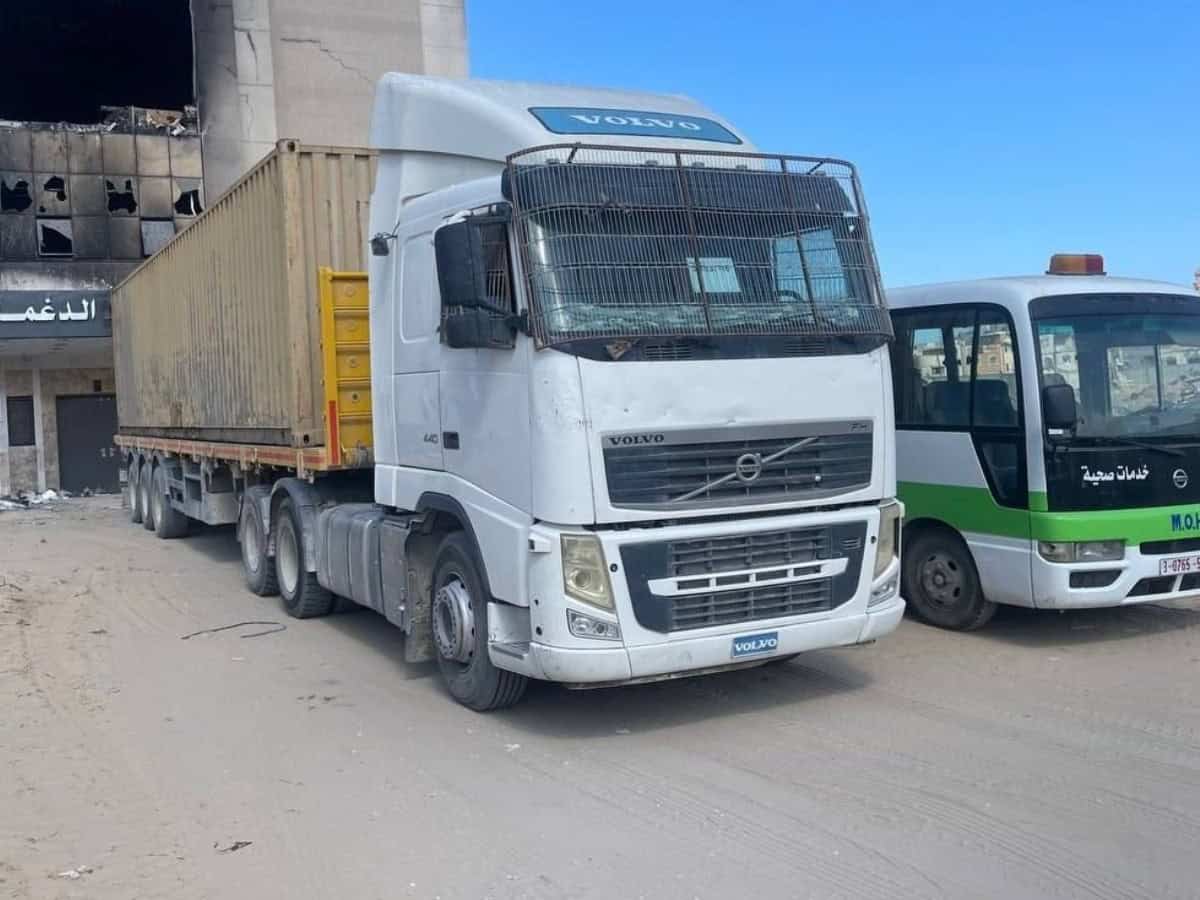
Israel sent a truck carrying nearly decomposing 90 Palestinians to Gaza on Wednesday, September 25, which the territory’s health ministry refused to bury, citing they would not accept the bodies due to Israel’s failure to provide essential information regarding the deceased, including their names, ages, genders, and the circumstances of their deaths.
This is the fifth time Israel sent unidentified bodies to Gaza since the start of the conflict.
In a statement, the Palestinian ministry of health said that the Israeli military sent the bodies without providing “their names, ages, genders, or the areas in which they were killed and kidnapped”. They have called upon the International Committee of the Red Cross (ICRC) to intervene and obtain information from Israeli authorities.
Iyad Qadeeh, the media official at the ministry of health affirmed that accepting bodies without identification is prohibited and the dignity deserved to the corpse and the family is disrespected.
Earlier in July, at least 60 Palestinian bodies were found on the streets and in houses after the Israeli army withdrew from a few neighbourhoods in the northern Gaza Strip, the civil defence service in Gaza said.
Israel has been conducting a large-scale offensive in the war-torn Gaza Strip to retaliate against a Hamas rampage through the southern Israeli border on October 7, 2023, during which about 1,200 people were killed and more than 250 were taken hostage.
The Gaza-based health authorities said at least 41,467 people have been killed and 95,921 wounded in Israel’s war on Gaza.
According to the reports, around 10,000 individuals are currently missing in Gaza, adding to the urgency for proper identification and burial practices for those who have lost their lives. Families continuously visit hospitals to recognize their loved ones among the returned remains.

